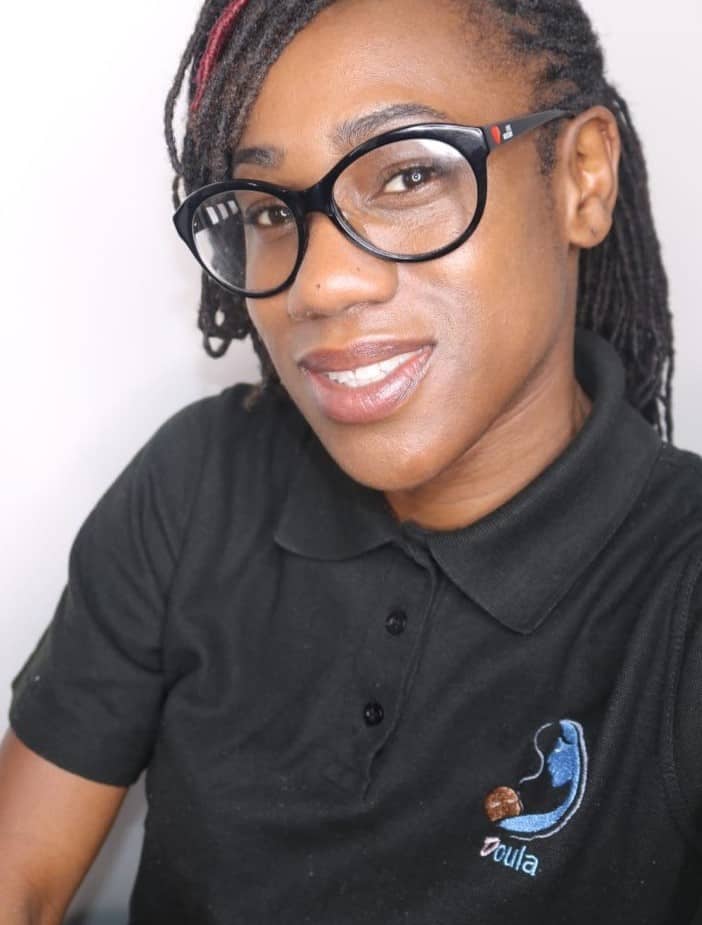
Ruth Dennison will be giving a presentation at our conference in October, entitled “Supporting Black women who breastfeed”. In this guest blog, she explains why it’s so important to support women in the black community to breastfeed, and how their needs may be different to those from other ethnicities or cultures.
Everyday a mother gives birth. Everyday a mother would attempt to breastfeed her newborn.
Everyday a mother successfully breastfeeds her baby and everyday a mother struggles to breastfeed her baby.
Why is this important, because in my 12 years of supporting mothers with breastfeeding, the rates of mothers reaching out for support in the Black community is very low, why is this?
Do you know breastfeeding support is more likely to be effective if it is proactive, delivered face to face and provided on an ongoing basis.
Why do Black mothers feel that they are just supposed to get it right on their own or supplement with artificial milk, do you know that within the Black community most expectant mothers have already been told or have told themselves that breastfeeding is not always possible and that they may need to top up their baby. So what do they do, they buy formula milk and bottles just in case they have breastfeeding difficulties. Black mothers, do you know this is not the best solution and definitely not your only solution. Learning about breastfeeding antenatally is the best approach to help you get breastfeeding off to the best start. Yes, there are many books, videos, courses and workshops to help you get off to the best start and this is needed more than ever as the Black community’s health is being affected by this.
Think…..If formula milk is just as good as breast milk, there would be no need for me to write this blog, no need for breastfeeding advocates, UNICEF and WHO trying to get the world to breastfeed their babies with something which is biologically made for their babies, the most natural food for your baby. You know, when I have spoken to some Black mothers about breastfeeding, they have many reasons why to stop breastfeeding but not many reason why they want to continue breastfeeding up to and beyond 6 months as recommended. Many Black mothers offer their babies solid food from around 3-4 months (Read when experts say babies are ready for solid food: here), why is this, is it because of family and culture influences or is it because you don’t see other women who look like you breastfeeding much more than 6 weeks. Do you feel like you will be negatively judged? Is it the lack of support, social or media pressure? Did you want or need extra support but wasn’t sure where to go? What is your reason why?
Have you ever asked your parents what they remember about breastfeeding. There are so many different stories and 2 of the popular reasons is that they either suffered in pain and swear never to put themselves through it again or that they believe that they never had enough milk. Just my note to you, most of the time if you feel pain and have sore nipples/breast while breastfeeding, it is very likely that your baby wasn’t latched on correctly which can cause pain and with your baby not being latched on correctly your milk supply can drop, if you mix feed your baby this can also cause your milk supply to drop. Over 90% of women can exclusively breastfeed their babies successfully with good support, encouragement and reassurance. Breastfeeding is a skill that mother and baby are learning together and each day won’t always be the same but one thing is that you shouldn’t have sore nipples and if you do, you should consider getting support to help you breastfeed your baby comfortable.
How much do you know about breastfeeding? It would be good to know, because when I have spoken to families about breastfeeding they are amazed with the knowledge I share with them.
These links below can give you an idea of the breastfeeding rates in Africa and the caribbean which also have details on how many babies lives can be saved with improved breastfeeding rates.
– Caribbean fails to fully meet recommend standards for breastfeeding.
– The Wellbeing Foundation Africa is urging all mothers to breastfeed infants exclusively until they are at least 6 months old.
To hear more from Ruth, book tickets to our conference here: https://bfn.charitywebdesigns.co.uk/conference/
This post has been reproduced from Ruth’s blog, and was originally published here:
https://www.121doula.co.uk/breastfeeding/black-mothers-and-breastfeeding/

